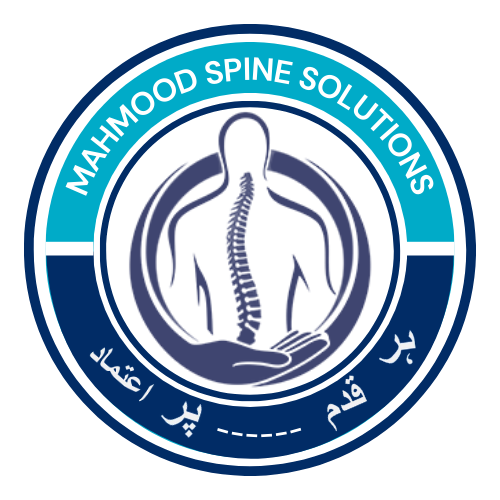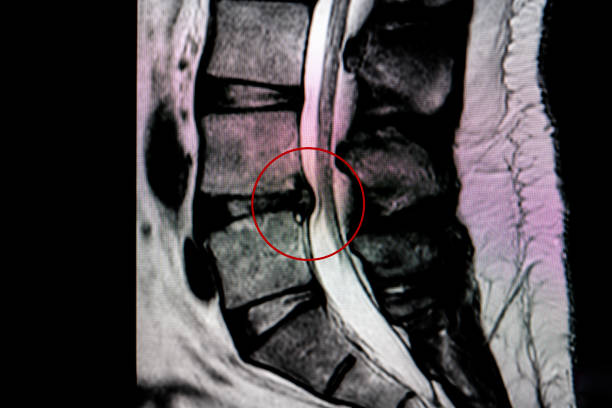Comprehensive Disc Herniation Q&A
Explore our comprehensive Q&A on disc herniation, covering causes, symptoms, treatment options, and recovery strategies. Gain expert insights and answers to common questions about this spinal condition
What is disc herniation?
Disc herniation happens when a spinal disc (one of the cushions between your spinal vertebrae) develops a tear within its annular tissue (the tough outer layer).
The disc nucleus (the soft filling) then leaks out to press on your nearby spinal nerves. This can cause several uncomfortable issues in your cervical spine (neck) or lumbar spine (lower back).
What are the symptoms of disc herniation?
A herniated disc often leads to symptoms including:
Cervical disc herniation
Cervical disc herniation typically causes neck pain. The pain may radiate through your shoulder, down your arm, and possibly into your hand. Some people experience other symptoms like numbness, a pin-and-needles sensation, weakness, muscle spasms, or sudden coordination issues in the arm or hand.
Lumbar disc herniation
Lumbar disc herniation causes lower back pain. Sciatica (pain that moves through one buttock and down your leg) is also common with lumbar disc herniation.
As with cervical disc herniation, you can experience numbness, a pins-and-needles sensation, muscle weakness, muscle spasms, or coordination problems in the leg or foot.
Some cases of disc herniation don’t cause noticeable symptoms. However, an untreated herniated disc can suddenly trigger symptoms at any time.
What causes disc herniation?
Aging is a significant cause of disc herniation. Over the years, your spinal discs grow increasingly rigid and brittle, making the risk of tears much higher than when you were young. As a result, even ordinary movements like twisting or lifting something heavy could potentially lead to disc herniation.
The other common cause of disc herniation is trauma, which can occur in many ways, including auto accidents, sports injuries, and slip-and-fall injuries.
Genetics may contribute, so a family history of disc herniation can increase your risk of this condition.
How can I prevent disc herniation?
A few simple things can significantly reduce your risk of disc herniation. We recommends preventive measures like quitting smoking, exercising regularly, good posture habits, and weight management.
Book your consultation for disc-related issues by calling +92 3000 7777 90 or scheduling an appointment online today at Contact Us.
What is the treatment for disc herniation?
Our experts offer several solutions for disc herniation based upon your symptoms and health needs.
Many people experience symptom relief with simple measures like light exercise, over-the-counter medication, caudal injections, and other natural approaches. However, if those methods fail, you might find pain relief through physical therapy, spine injections, and other nonsurgical treatments.
Surgery is a last resort, but it’s an incredibly effective solution for treatment-resistant disc herniation symptoms.
Our spine specialists’ uses minimally invasive surgical options, including disc removal, spinal fusion, and artificial disc placement. These surgical procedures usually need only small incisions and have a quick recovery.
About Authors
Dr. Muhammad Mahmood Ahmad is a Spinal as well as an Orthopedic Surgeon with over 14 years of experience currently practicing at Razia Saeed Hospital, Multan.





